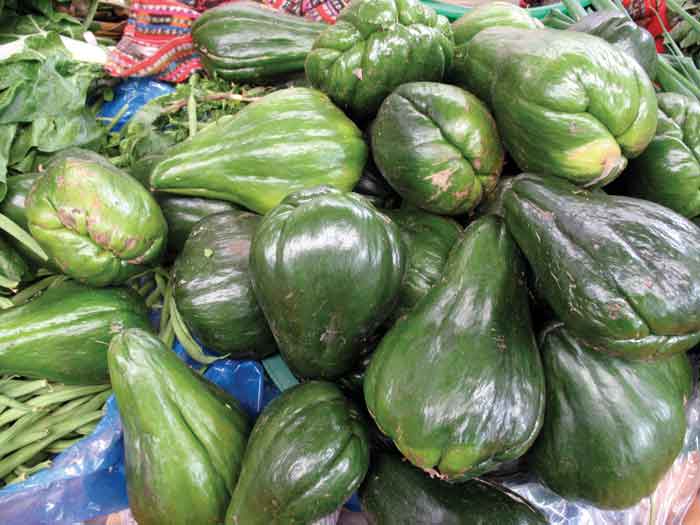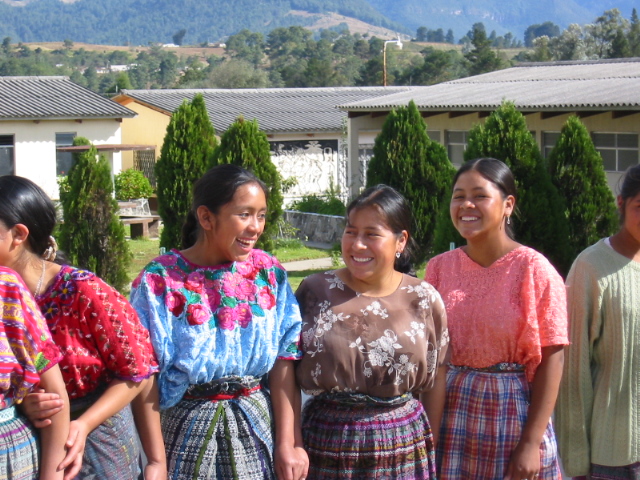What (not) To Say When Your Second Grader Drops The F-Bomb
/Do you have kids? If so, you know that bedtime can be both magical and maddening. Some nights, the kids are sloshing water all over the bathroom floor, spraying toothpaste all over the vanity mirror, and yelling so loud that the neighbors come outside to scan the clouds for tornadoes.
And other nights, it’s really bad.
Last night was one of those rare evenings where the stars align and the kids are listening to your every word. On these occasions, I gladly park my keester on the toilet and converse with them while they wash up.
As Jake exited the tub, he said, “Daddy?”
“Yes?”
He looked me right in the eye and paused. The air was pregnant with childhood curiosity. I prepared my explanation for why the sky is blue. Or what makes a true friend. Sharing my wisdom, father to son. Then he blurted out,
“What does ‘F—k’ mean?”
This was no politically correct “f-word” or “fudge”. He came out with the queen mother. Straight outta’ his seven-year-old mouth. Enunciating. Like he was auditioning for a role in Wolf of Wall Street.
 * Fun Fact! Wolf of Wall Street contains 506 F-bombs. That's 2.81 per minute!
* Fun Fact! Wolf of Wall Street contains 506 F-bombs. That's 2.81 per minute!
I panicked. My mind raced.
Holy S#^!! Where did he hear that? Who did he hear it from? He definitely will not get to hang out with that kid again. What should I say? Should I punish him? Or give him a definition? If so, do I give him the verb or the adjective?
Instead, I said,
“I need to ask your mother.”
His eyes widened.
“What? You don’t know what it means?”
I saw this as an immediate shot at my credibility.
“No son, I know what it means. I just need to ask your mother how best to explain it.”
I’m not helping myself here.
“Just tell me!”
I thought about explaining the verb. Using this as an opportunity to have our first true discussion of where babies come from. Then the hand of God reached into my mouth, took out the words, “when a man and a woman love each other…” and replaced them with.
“Do you want an ice cream sandwich?”
Crisis averted.
Apparently, my wife heard the whole conversation. Rather than rescue me, she suggested I have a little sit down talk with my son about words that Dannemillers use, and words that we don’t use.
The whole debacle reminded me of an incident that happened over ten years ago. Gabby and I were doing a year of mission service in Guatemala. My home base was a school that helped kids, adults, and some volunteer pastors finish their grade school education. Though the school taught classes in both Spanish and Quiché, I never learned to speak more than seven words of the complex Mayan language, so I didn’t have much conversation with the wonderful women who kept the school and the kitchen humming.
During my last week there, I gathered all of them together to thank them and ask if I could take their photo. As is typical of the Quiché women, they obliged, but stood stoic. No smiles. Very serious.
I wanted to say, “cheese” to get them to grin, but queso doesn’t produce the desired result. Then I remembered someone telling me that the word güisquil (pronounced wis-KEEL) is an acceptable option, since it’s a common vegetable in the region.
So I steadied my camera and shouted, “güisquil!” The women fidgeted nervously, but didn’t say the word. And didn’t smile. I upped my energy and shouted,
“Say güisquil!”
Again, no one said the word. Some started looking at each other quizzically. One woman started to smile. Another giggled.
I’m breaking down their walls, I thought.
So I shouted “güisquil” about a dozen times more, really loud. And by the end, all of the women were laughing like I had never seen Mayan women laugh before.
Great photo!
Later that day, my Guatemalan supervisor pulled me aside.
“Hermano Scott, that was interesting. What happened with the picture today.”
“Yes. I was happy they all smiled,” I said.
“No, hermano. I was talking about what you were shouting during the photo.”
“Yes. Güisquil. That’s what you say for a photo, right? Güisquil. The vegetable.”
 * A photo of the veggie. Trust me, you'll wanna come back to this in a second.
* A photo of the veggie. Trust me, you'll wanna come back to this in a second.
“Yes. In Spanish it’s a vegetable. But in Quiché, it means… um… how do you say…”
He was a bit flustered. His voice became a whisper.
“It’s a bad word.”
I whispered back. “Bad word? Like how bad?”
“The worst.” He leaned in closer. “It’s the really bad word for a woman’s…”
Then he looked me in the eye and pointed toward his zipper.
OK people. Think of the worst word you can think of to describe the female anatomy. No. Not that one. The absolute worst word.
Now imagine shouting that word over a dozen times. At the top of your lungs. Outside. In the middle of the day. At a school for children and pastors. In front of your spiritual advisor. With nine pure-as-the-driven snow women trying not to faint in front of you. While serving as a missionary. For Jesus.
I think I need an ice cream sandwich.
I was mortified. The good news is, they didn’t revoke my laminated missionary wallet card. And they didn’t kick me out of the school. Because they know that words aren’t inherently bad.
They’re just words.
Even so, I’m not going to suggest Jake re-enact a scene from Goodfellas for the elementary school talent show. When we discussed it later, he asked,
“Well Dad, why are some words bad, and others are fine? Even if they mean the same thing? That’s dumb.”
I had to agree with the kid. It’s all very arbitrary. Makes no sense at all. Words are just words.
We’re the ones that make them bad.
Whether we are speaking the words, or simply hearing them. We load them with judgment. We stuff them full of meaning. We turn them into something they’re not. And when they are hurled at us like weapons, we soak them up like the parched earth absorbs the rain. Only the words don’t nourish. They tear us down because we believe them to be true. They turn into a story we tell ourselves.
But they’re just words. And it’s our choice.
It’s like I told Jake (after consulting with my wife). Any word can be bad if it’s said with disrespect. So we must say things that reflect who we are, and who we aspire to be. Using our words to build people up. To uplift and restore.
And, if words come your way that intend to tear you down, know in your heart of hearts that you were made for more. Strong enough to say in your inside voice,
Enjoy this post? "Like" us on Facebook to see more!




